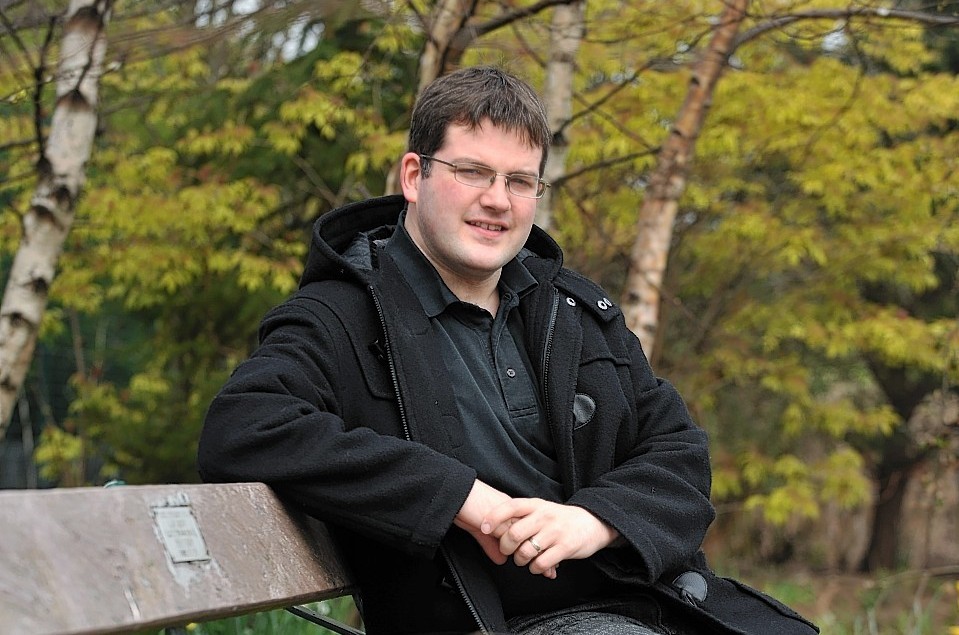A diabetic woman has told how she suffered a miscarriage and was once close to death because she stopped taking insulin to make herself slimmer.
Emma Moir from Aberdeen said she was so desperate to shed the weight she put on following the birth of her first child she stopped taking her medication for up to six days at a time.
She plunged from a size 16 dress size to a size six within five months and was rushed to hospital multiple times as her organs started to fail.
Ms Moir, who suffered from diabulimia – a permutation of diabetes and bulimia – was so ill that doctors warned her family that she was on the cusp of dying from heart failure.
The 30-year-old decided to speak out about her six-year battle which started at the age of 22 to highlight that the medical profession needed to do more to help people suffering from the complex condition.
She said she discovered that reducing her insulin intake would build up ketones in her blood which would burn fat instead of providing energy.
Type 1 diabetic sufferer Ms Moir, whose case was raised at Holyrood by Aberdeen Donside MSP Mark McDonald, said she was constantly eating but never vomited.
“When I looked at myself I would only see fat so I would eat a lot of sweeties and other high carb foods to push my sugar levels up to produce ketones harder and faster,” she added.
“The only way to get rid of it was to take insulin.
“Ketones shut down your organs to try and preserve the brain and you are technically in a starvation mode.
“I fell pregnant while diabulimic and I miscarried because babies cannot live in a ketoacidosis body because you are effectively starving yourself.
“One time I was near death and my family was told my heart would give up because I was not responding to treatment.”
Ms Moir, who was treated at Royal Cornhill Hospital in Aberdeen, said her physical state left her breathless, her period stopped and her hair started falling out.
Now the proud mother of a 16-month old son, she claimed she did not fit into either the anorexia and bulimia category from a medical diagnosis perspective.
“I would like diabulimia to be recognised in its own right and greater awareness will become knowledge,” she added.
“When I was treated they either looked at diabetes or my mental health – they did not have a cohesive approach.”
Jacqueline Allan, director of support charity Diabetics with Eating Disorders (Dwed) said: “Emma’s predicament is unfortunately very common as you tend to see professionals who may be experts in diabetes but have no knowledge of eating disorders and vice versa.
“The advice from those teams is often at direct odds with each other meaning that the Type 1 has virtually no chance of getting the right treatment.
“It is for this reason that insulin omission for weight loss should be seen as an eating disorder in it’s own right – you can’t treat what you can’t diagnose.”
For help and support contact Dwed by logging onto www.dwed.org.uk
